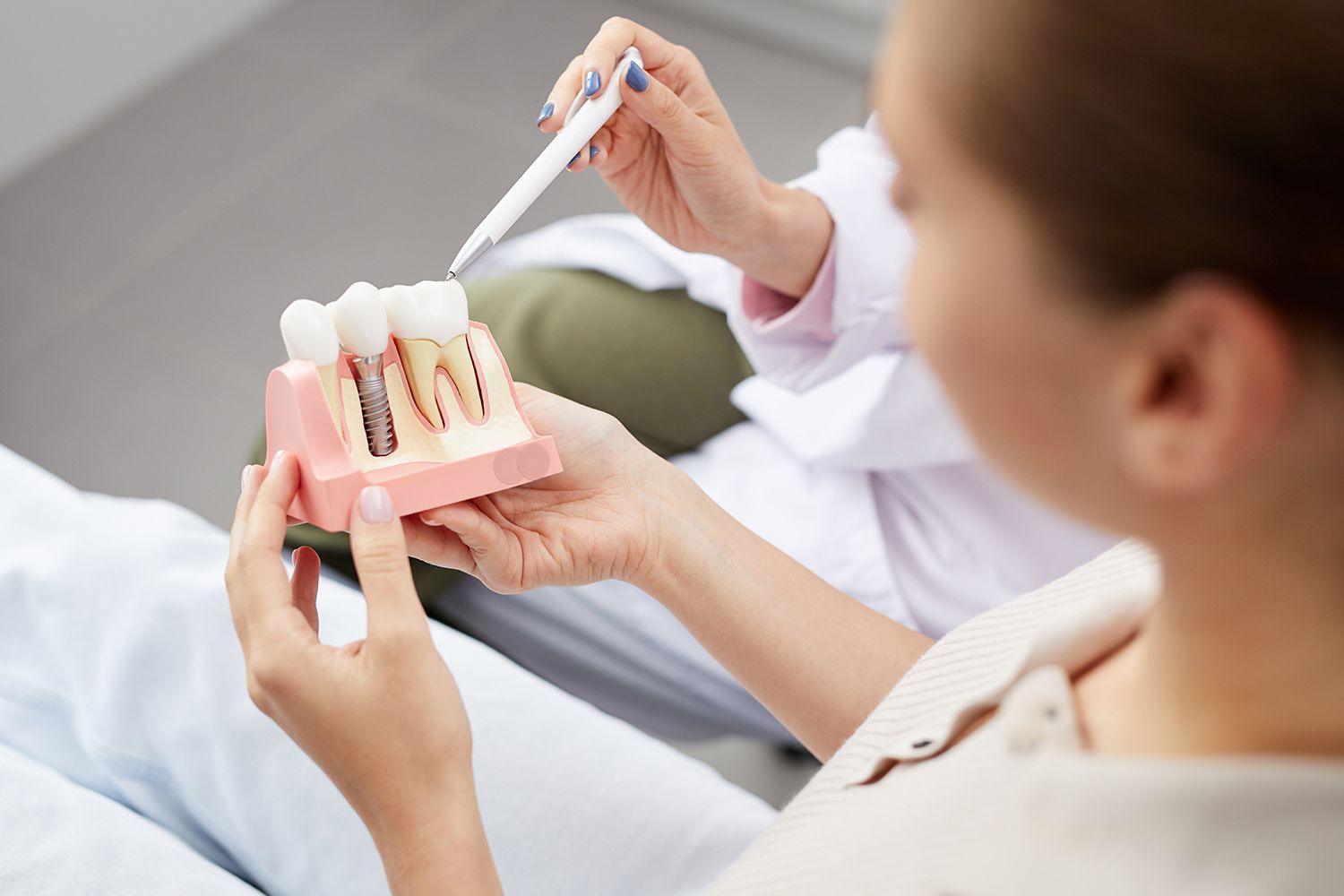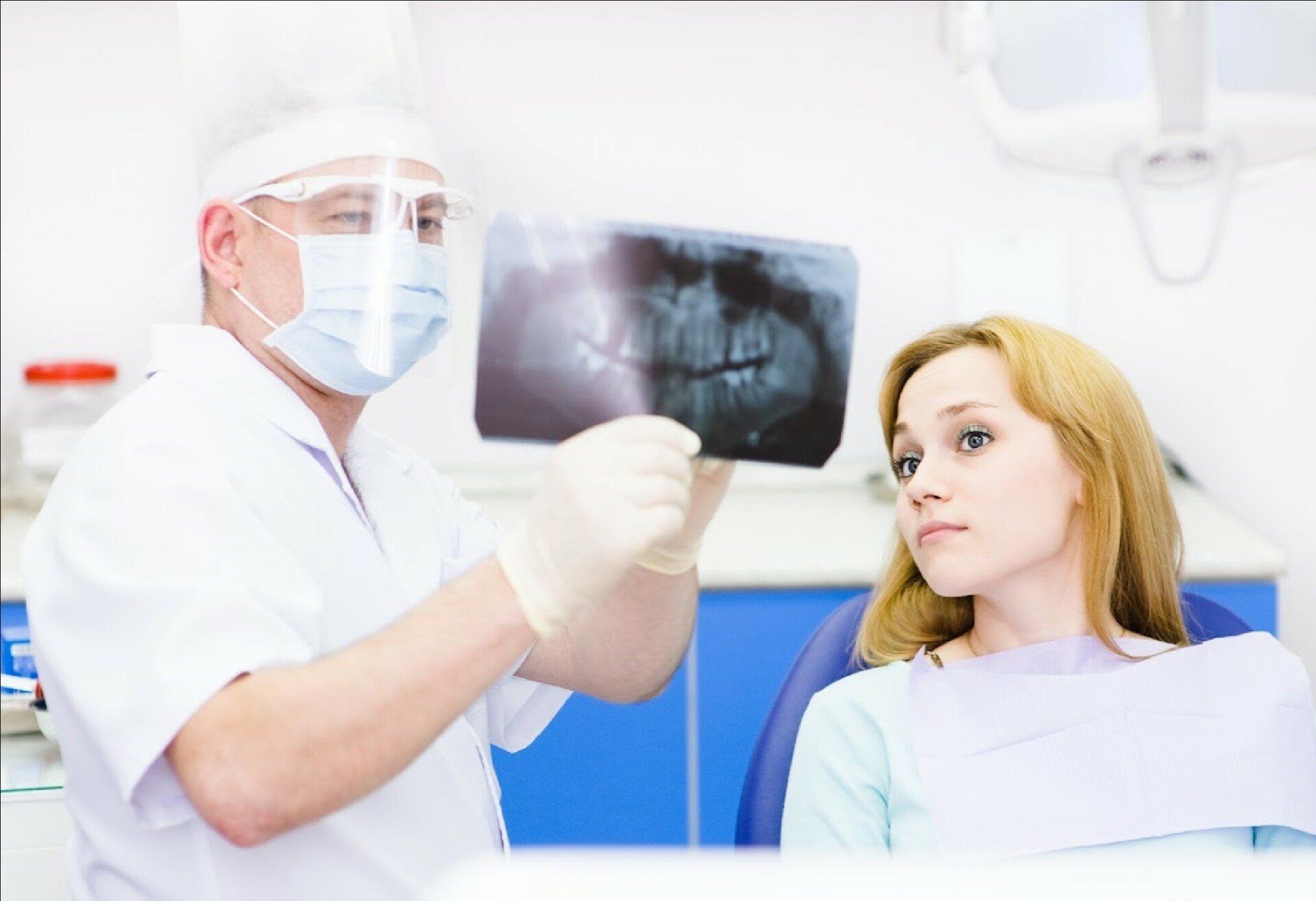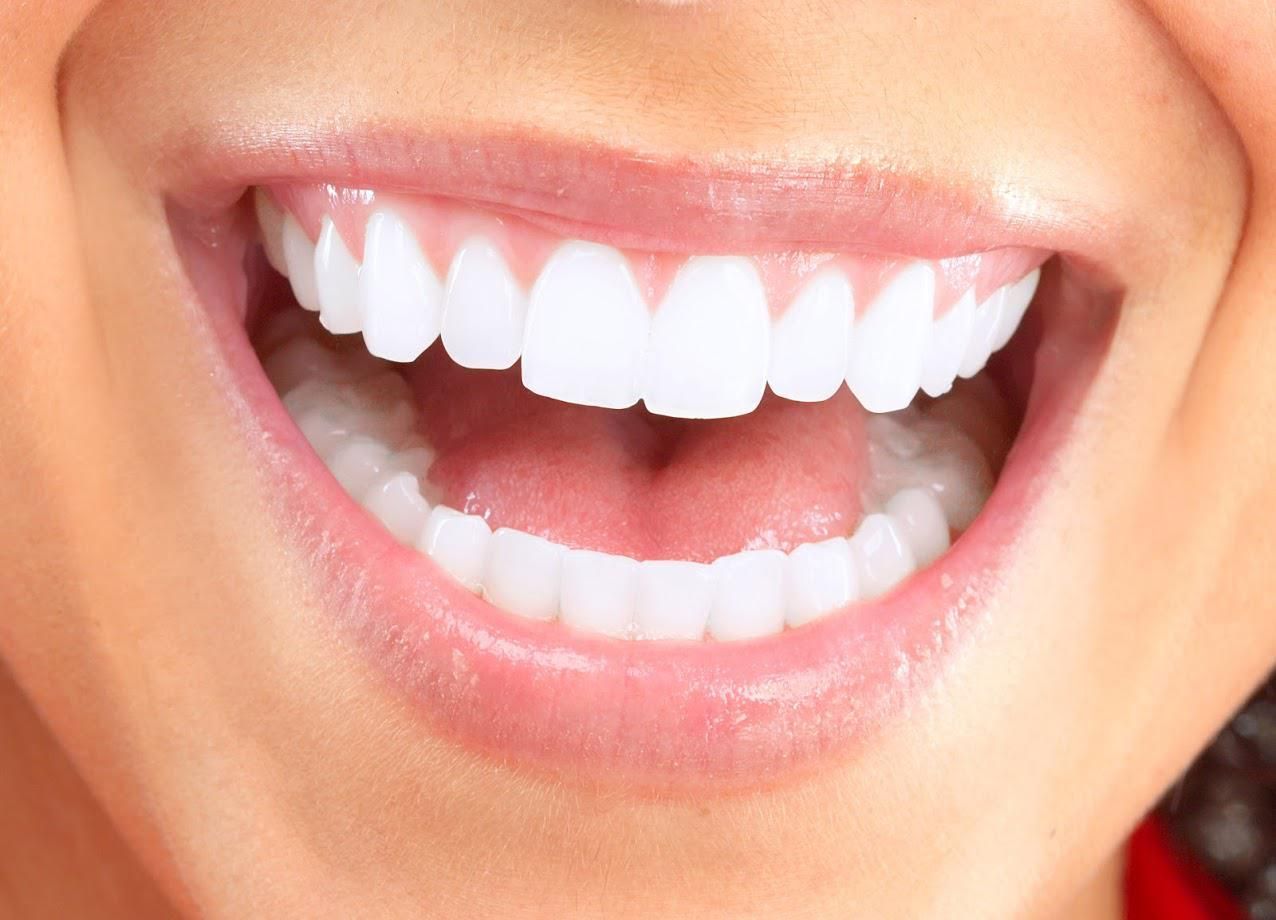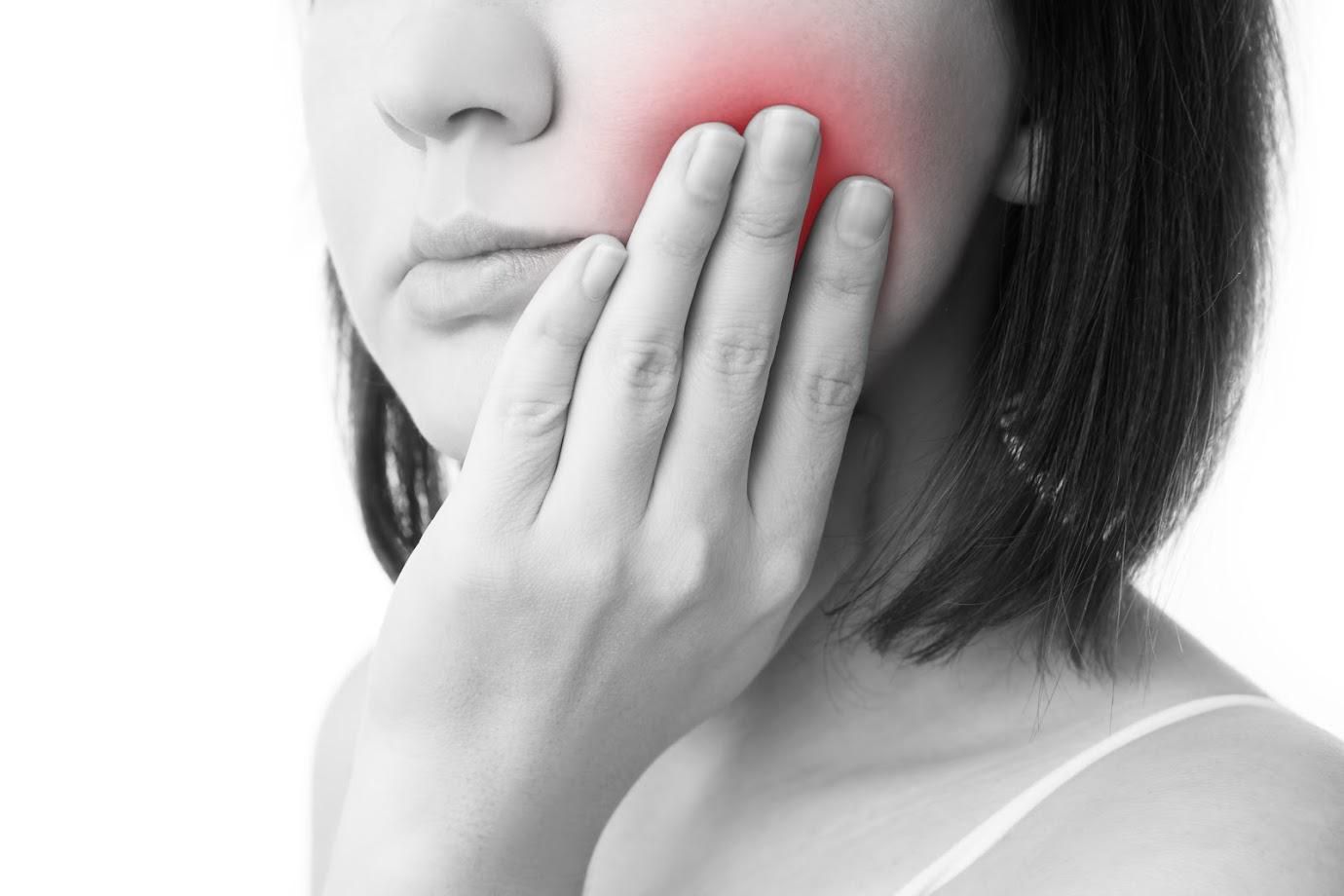What to Know About Calcium and Your Teeth

While
brushing and flossing are extremely important for a healthy smile,
they’re not the only things that make your smile healthy. Calcium
also contributes to dental health and is a mineral found in many
foods. Despite this, however, many people don't get enough calcium in
their diet. If you don't worry about your calcium intake, check out
these commonly asked questions to learn more.
How
Does Calcium Help Teeth?
Calcium
helps developing teeth by promoting proper growth and development.
However, older patients need to make sure they have plenty of calcium
in their diet to protect developed teeth. Calcium strengthens enamel
by adding lost minerals to your teeth after exposure to bacteria
acid.
Your
enamel is what protects your teeth from decay and sensitivity. Even
though enamel is the hardest substance in the body, it can
deteriorate due to acids from bacteria, and you can't regrow lost
enamel. However, you can strengthen your existing enamel with plenty
of calcium.
What
Happens If You Are Calcium-Deficient?
Hypocalcemia,
or calcium deficiency, means your calcium levels are low. Low calcium
levels cause your bones to weaken, including your teeth. If your
levels are extremely low, your dentist or doctor may recommend
medication or supplements for a time.
If
you are calcium-deficient, you’ll notice that your teeth are weak
and brittle teeth. Other symptoms come first, so you don't have to
wait for a tooth to break to find out you need more calcium. Symptoms
include difficulty swallowing, brittle nails, difficulty swallowing
and numbness around the mouth. You can fight back by boosting your
calcium levels.
Can
You Have Too Much Calcium?
Depending
on your age (and gender as you get older), you may need anywhere
between 200
and 1300
milligrams
of calcium. For example, a baby less than six months only needs 200
milligrams, but an adult between the ages of 19 to 50 needs 1000
milligrams of calcium a day.
Information
on the effects of too much calcium are limited, but calcium can cause
constipation. In more severe cases, it may affect how your body
absorbs certain minerals, but for the most part, calcium doesn't seem
to be harmful.
What
Are the Best Sources of Calcium?
Lots
of food have calcium. The most common way to get calcium is with
dairy products like milk and cheese. However, vegetables like
broccoli and kale also have high levels of calcium. Grains don't
contain high levels of calcium, but because people eat so much of
them, they may provide a lot of your calcium.
If
you don't get calcium naturally with your diet, you may need some
calcium supplements. Calcium carbonate is a cheap and great way to
add calcium, but only if you take it with food. Calcium citrate is a
more expensive choice, but you don't have to take it with food.
Is
Calcium All You Need for Strong Teeth?
Calcium
is important for your teeth, but it's not the only vitamin/mineral
you need for strong healthy teeth. Vitamin D and phosphorus are also
important. Vitamin D comes naturally from the sun, but if you live in
an area with little sunlight, you may need supplements. You can also
get vitamin D from oily fishes and dairy products.
Phosphorus
is in lots of foods, including cereals, fish, eggs, grapes, and
cucumbers. If your teeth are weak but you are getting plenty of
calcium, talk to your dentist to find out if you may be low on one of
these important minerals/vitamins.
Taking
care of your teeth isn't just about brushing and flossing. You need
to make sure your diet contains lots of calcium and other minerals to
help build strong enamel. If you would like to know more about
calcium or you need treatment for weak teeth, contact
us
today
at Jeffrey L. Erwin DDS.













